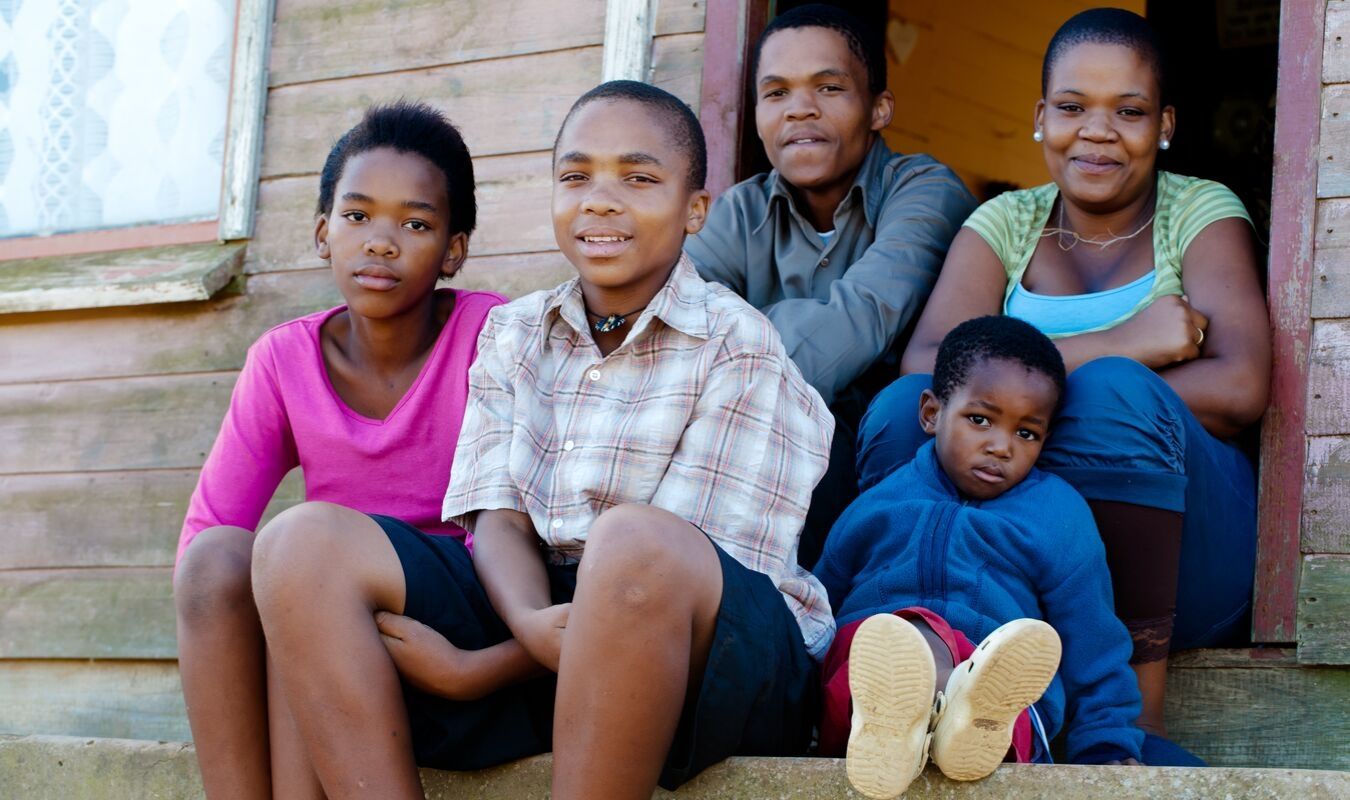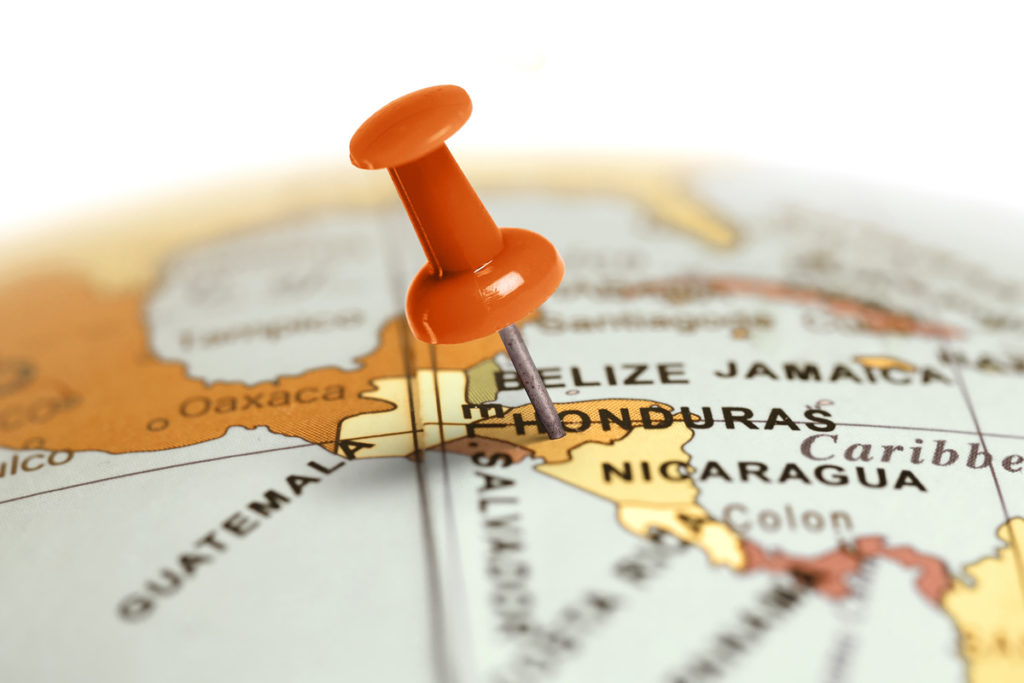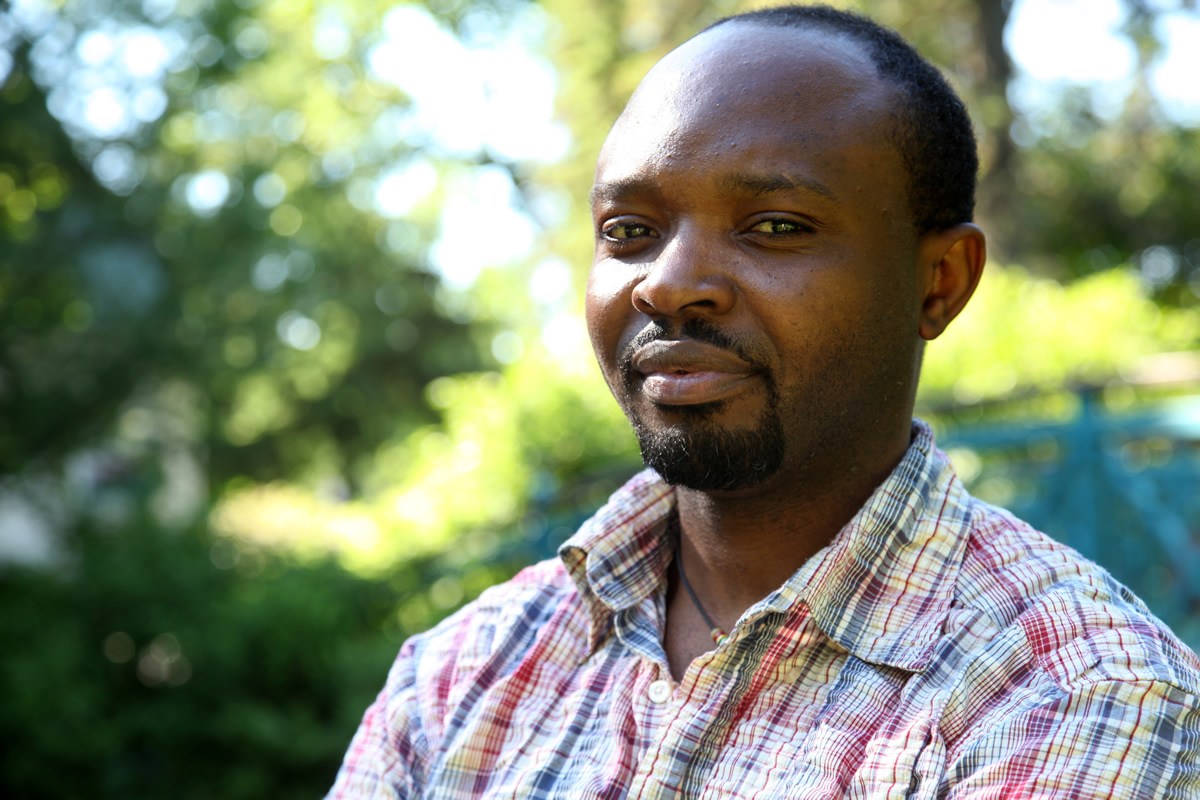
Though more vulnerable than ever before, Temporary Protected Status beneficiaries need not give up the fight.
On September 14, 2020, the Ninth Circuit of Appeals struck a near-fatal body blow to the dreams of nearly 300,000 TPS beneficiaries, leaving them groping for air as the program neared its death bed.
A few weeks later, the Biden Administration extended the life line of the six nations facing termination under the Ninth Circuit’s ruling to December 31, 2022. As the deadline neared, on November 10, 2022, the government again extended their TPS benefits, up to June 30, 2024.
If you’re a TPS recipient, of course, uncertainty remains about the future of TPS, whatever your nation of origin. However, despite a sour TPS ending, winning permanent residence may still be in the cards for you.











